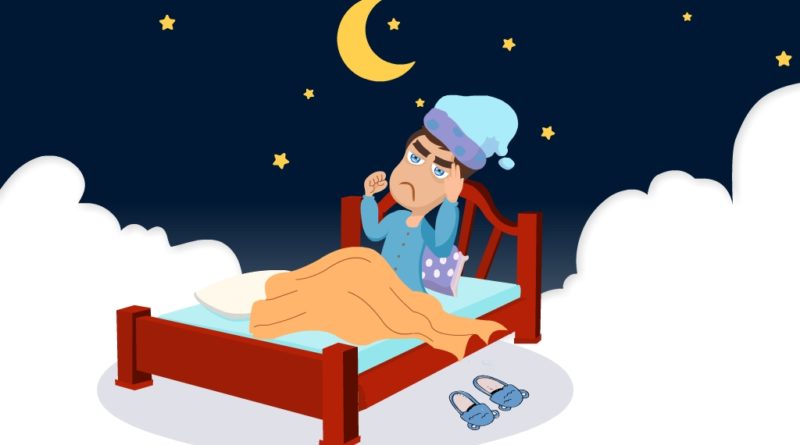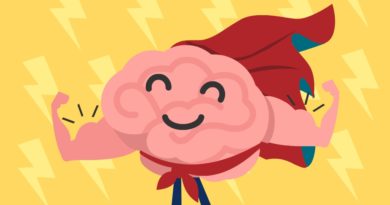When your body is sleep deprived, you feel angry, foggy and grumpy. But those aren’t all of the problems you have to face when you are sleep deprived for a long time. Lack of sleep can affect your physical health with problems such as weight gain, draining your cognitive abilities, and weakening the immune system.
You might also be interested in: How does exercise improve cognitive function, memory & concentration?
What is sleep deprivation?
Most of us are recommended to have around 7 to 9 hours of sound sleep every night. Sleep deprivation is when your body does not get that sleep. Lack of sleep makes it difficult for us to stay awake and be alert the following day. Signs of sleep deprivation start to appear with yawning or daytime sleepiness.

Corporate Wellness App
CircleCare
What are the symptoms of sleep deprivation?
The threshold for sleep deprivation varies from person to person. But if you sleep less than what your body needs, it is very likely that you will start notice sleep deprivation symptoms. Some of the most common sleep deprivation signs include sleepiness, change of moods, difficulty concentrating and impaired cognitive ability, memory problems, disorientation and sometimes even hallucinations.
How does sleep deprivation affect us?
The lack of good night’s sleep can lead to both long-term and short-term effects. Here are some of the ways that sleep deprivation affects our mind and body:
Accidents Caused by Sleepiness
If you are not sleeping enough at night, the most common effect you will experience afterward is drowsiness or sleepiness. This has contributed to some of the biggest disasters in human history like the nuclear accident at Three Mile Island, the Exxon Valdez oil spill, and the nuclear meltdown at Chernobyl. Being drowsy during the day also increases the risk of road accidents and other injuries.
High Blood Pressure
When we sleep at night, our body regulates stress hormones. If our body experiences lack of sleep, our stress hormones go crazy, causing our blood pressure to rise. So, the more we sleep, the greater the chance that are our blood pressure will be kept in control. On the other hand, sleep deprivation increases our blood pressure, which can lead to serious health problems like a heart attack or stroke.
Reduced learning and cognitive function
When we are sleep deprived, our central nervous system cannot perform like its supposed to. The pathways to our brain (Neurons) become exhausted, making it difficult for us to concentrate, learn or remember anything new. Since our nerve function starts to decay as well, one might also experience disorientation or coordination problems.
Lack of sleep for a longer period of time also affects our mental and emotional state. Impatient behavior, lack of decision-making ability, and reduced creativity are common with a sleep-deprived person.
Weakened Immune System
Lack of sleep weakens our immune system by limiting its ability to produce infection-fighting substances like cytokines. Cytokines not only defend our body from viruses and bacteria, they also help us to sleep. When we sleep, our body gets more energy to strengthen our immune system. Sleep deprivation for a longer period of time may also cause chronic illness like diabetes or hypertension.
Weight gain
When we are sleep deprived, the levels of our stress hormones increases. This makes us feel more agitated and frustrated while increasing our appetite. As a result, our body starts craving for more comfort (unhealthy) foods. Also, when we are sleep deprived, a hormone called Ghrelin is produced in the stomach that makes us feel hungry, leading us to eat more.
It is a no-brainer that when we don’t get enough sleep, we’re also likely to feel sluggish and avoid exercise. So, sleep deprivation is making us eat more and simultaneously decreasing our exercise or physical activity. The result is obvious – weight gain!









Pingback:Tips on How to Lose Weight on a Busy Schedule - CircleCare